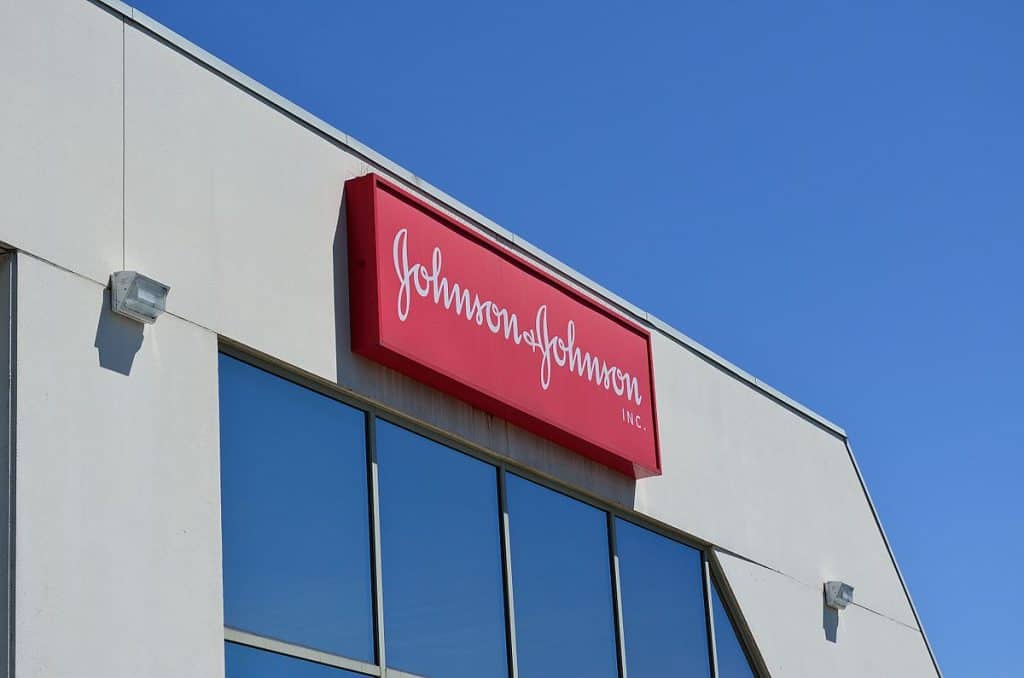
Johnson & Johnson and three drug distributors close to $26 billion settlement
pharmafile | November 6, 2020 | News story | Medical Communications |
Johnson & Johnson, McKesson, Cardinal Health and AmerisourceBergen are close to a $26 billion deal with local and state governments to end the thousands of lawsuits over these companies’ roles in the opioid crisis.
This follows a $18 billion offer made a year ago that was rejected by local and state governments. If agreed, the new deal would mean that the companies in the lawsuit would no longer be at risk from future opioid-related lawsuits by these governments.
The lawsuit settlement is intended to pay for opioid addiction treatment and prevention programmes in the worst-hit communities from the epidemic.
The three distributors in the lawsuit shipped more than three-quarters of America’s opioids to pharmacies. They rarely raised any concerns with the amount of drugs that were often disproportionate to a pharmacy’s local population. In one of the most notable examples, drug firms shipped 20.8 million prescription opioids to two pharmacies in close proximity in a South West Virginian town with only 2,900 people.
New York has been leading the negotiations, with New Mexico and Washington also participating.
This follows New York State suing J&J in a lawsuit seeking $2 billion in damages for the company’s role in the opioid crisis. The lawsuit targets the opioid medication Duragesic, which is a patch that contains fentanyl first approved by the FDA in 1990. It claimed to relieve pain over the course of 72 hours without the need to keep taking maintenance doses. The label did warn about the high concentration of fentanyl and said Schedule 2 opioids have the highest potential for abuse and fatal overdoses.
October also saw Purdue Pharma plead guilty to opioid charges in a $8 billion settlement with the US Department of Justice. The company admitted to using a programme that hired speakers and encouraged them to write more prescriptions for the company’s opioid products like OxyContin, and to use electronic health records to influence the prescription of pain medication. This violates anti-kickback laws. The company also admitted it knowingly broke federal law by conspiring to aid and abet the dispensing of medicine to doctors without a legitimate purpose.
There are over 3,000 lawsuits being filed collectively by states, municipalities and counties that are seeking to hold drug companies responsible for the opioid epidemic.
Conor Kavanagh








